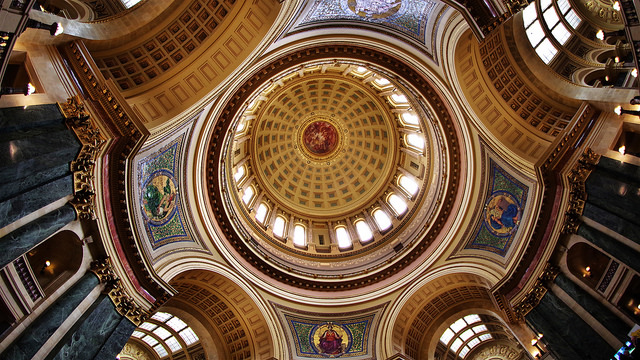A growing list of states and municipalities are establishing rules and regulations governing a cannabis business’s energy and environmental footprint.

We operate at the heart of the intersection of policy, energy and the cannabis industry. Our clients hire us to evaluate their compliance with energy and environmental regulations and get them ready for permitting and inspection.
Massachusetts and Illinois cannabis cultivation licensees must use no more than 36 W per square foot of canopy, or use fixtures listed by the Design Lights Consortium’s Horticultural Qualified Products List. Massachusetts and Illinois also have HVAC energy efficiency standards for growers. Massachusetts requires a third-party Professional Engineer or Certified Energy Manager to attest to energy compliance. California cultivators will soon be required to use grow lights that meet strict standards.
On the municipal side, Boulder, Colorado growers must pay into a fund if their carbon footprint exceeds a baseline for commercial buildings, Ann Arbor, Michigan growers must submit sustainability plans along with their applications, and Beverly, Massachusetts cultivation applicants must submit a plan to achieve carbon net-neutrality. The list goes on and grows every month.
Do you know if your planned facility is able to meet energy and environmental compliance? If not, do you know what you need to become compliant?
What we do when you hire us for compliance and regulatory support
1. Explore the situation
- Seek to understand your unique situation and how a current or future rule or regulation affects your ability to do business
2. Exploit the opportunity
- Identify the best pathways to compliance that meet your immediate and long-term goals
- Recommend vendors, as necessary, to help you meet your compliance obligations
3. Execute the plan
- Create a custom plan for compliance, guided by cost, long-term energy savings, and other metrics
- Develop compliance documentation for state or local authorities
Testimonials
“We appreciated Sam’s partnership and his recognition of the time-sensitive nature of our request. He was an exceptional partner!”
Heather Sullivan, Sr. National Licensing Manager, Curaleaf
“Sam at Climate Resources Group bent over backwards to help our team in a quick and concise manner. Sam features the upmost professionalism, teamwork and communication. We couldn’t be happier with the result, this is a great group that we plan to use in the future. They diligently care about meeting their clients needs”
Licensing Compliance Manager, trulieve
“Working with Enlighten Your Grow is a straightforward and cost-effective way to not only monitor energy efficiency but remain in compliance with all regulatory standards. I would be happy to recommend Sam and his team to any of my clients for their energy efficiency needs.”
James McMahon, Esq., McMahon Strategic Development
